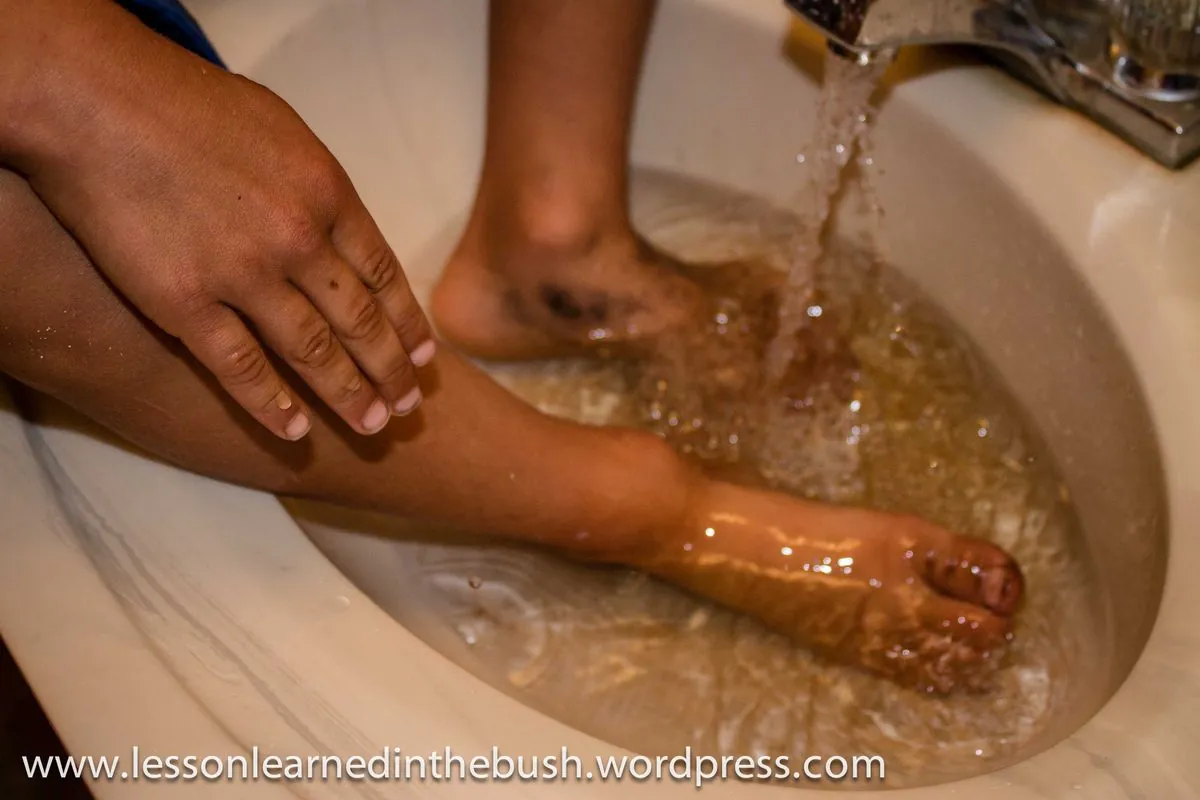Tackling Foot Odor: Causes and Solutions for Bromodosis
Discover the reasons behind smelly feet and effective remedies. From sweat management to treating fungal infections, learn how to keep your feet fresh and odor-free.

Bromodosis, commonly known as smelly feet, affects approximately 15% of the population. This prevalent condition can be embarrassing and uncomfortable, but understanding its causes and solutions can help manage the issue effectively.
Emma McConnachie, a spokesperson for the Royal College of Podiatry, explains that foot odor primarily results from bacterial growth or fungal infections. The human foot contains about 250,000 sweat glands, more per square inch than any other body part. This abundance of sweat glands can lead to excessive moisture, creating an ideal environment for odor-causing bacteria.
To combat sweat-related foot odor, proper hygiene is crucial. Daily washing with warm, soapy water and thorough drying, especially between toes, can significantly reduce odor. Choosing the right footwear and socks is equally important. Natural fibers like cotton, bamboo, and merino wool allow feet to breathe and wick away moisture. Alternating shoes daily and using moisture-absorbing insoles can also help manage foot sweat.

Fungal infections, such as athlete's foot, affect about 70% of people at some point in their lives. These infections thrive in moist environments and can cause a distinct "cheesy" or "yeasty" odor. Treatment typically involves over-the-counter antifungal medications, but consulting a healthcare professional is advisable for persistent cases.
Hormonal changes during puberty and pregnancy can exacerbate foot odor. Teenagers experience increased sweat gland activity, while pregnant women may have heightened sensitivity to smells due to hyperosmia, affecting about two-thirds of expectant mothers. Managing overall body sweat and wearing breathable footwear can help in these situations.
Hyperhidrosis, or excessive sweating, can also contribute to foot odor. McConnachie suggests using antiperspirants specifically designed for feet. If over-the-counter products prove ineffective, consulting a podiatrist or general practitioner for advanced treatments is recommended.
For individuals with diabetes, foot care is particularly crucial. Diabetic foot ulcers can develop and, if infected, may produce an unpleasant odor. Regular foot checks and prompt medical attention for any changes or concerns are essential for diabetic foot health.
"If they have an active wound on the foot and there is an odour, it can be a sign that the wound has become infected."
Interestingly, the global foot care products market is projected to reach $4.5 billion by 2027, indicating the growing awareness and importance of foot health. From ancient Egyptians creating the first arch supports to modern podiatry practices, foot care has been a concern throughout human history.
In conclusion, while foot odor can be a persistent issue, understanding its causes and implementing proper foot care routines can significantly improve the condition. Whether it's managing sweat, treating infections, or addressing underlying health concerns, taking proactive steps towards foot health can lead to fresher, more comfortable feet.


































